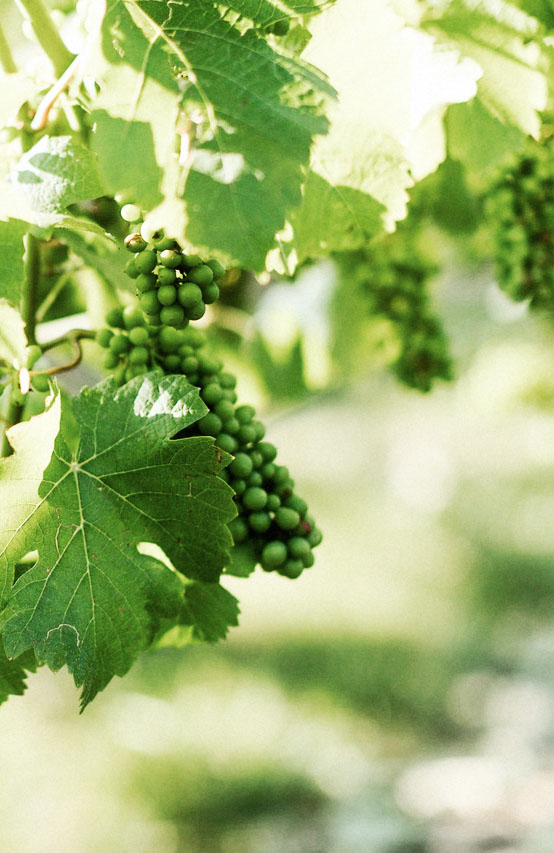Not surprisingly, when COVID-19 came to town, everything in BC went awry — including the province’s long-awaited Sustainable Wine Certification Program. After inching towards its launch date for the last four years, it was slated to roll out officially on April 1st. However, currently it’s on hold “at least until the fall,” says Sustainable Winegrowing BC executive director Katie Pease. Even though a firm new date has yet to be established, SWBC is still aiming for (the best scenario) late summer—or maybe after harvest.
As we have learned all too well in the last few months, plenty can change in these pandemic times. But there’s no shortage of signs that the BC program enjoys broad industry commitment. Moreover, the new standards are already in place and available online, so wineries and growers can commence their certification process in advance.
A significant number of wineries had already completed the self-assessment process and were ready to commence third-party certification as soon as the trial program became available.
“Over the five years we ran it, we had good response,” says Pease, who’s reassured by the encouragement she witnessed and is still “hopeful that people will move forward.”
There’s every reason to believe they will. The brainchild of a core group of growers and winemakers (a few of whom hail from outside of Canada) the program combines many elements which have succeeded elsewhere in the world, such as in New Zealand and Chile.
Those already on track towards formal Sustainable certification include Tinhorn Creek, Quails Gate, Tightrope and Tantalus, all of whom have completed their self-assessment phase. For a while it looked as if BC might be trailing in terms of sustainable initiatives. Even regions such as Argentina and Languedoc had been playing catchup in recent years. The south of France region, once regarded as little more than a bulk wine producer, has emerged as one of the world’s sustainable leaders, with significant lands under biodynamic and organic production.

However, in the background, BC was all the while busy shaping its own program, one that appears to enjoy widespread support. The core group has been ‘test driving’ the program online to ensure that it’s practical and logical to apply.
Important to note is how certification is geared towards encouraging and rewarding gradual and constant improvement over a five-year period. The approach, more carrot than stick, suggests the BC program is “more wholistic” than some, according to Tantalus’s David Paterson. He points out that it offers a comprehensive examination of every aspect of viticulture and winery practices, from sourcing appropriate lighter-weight glassware to increasingly efficient use of water both in the vineyard and in the winery.
Beyond sustainability, the move to organic viticulture in BC has noticeably picked up since major players such as Von Mandl Family Estates (Mission Hill, Cedar Creek, CheckMate, Martin’s Lane) embraced a drive towards 100 percent organic certification.
That ambitious undertaking should be complete by the end of 2021. Other wineries such as Summerhill (the province’s original organic pioneer), Okanagan Crush Pad / Haywire and Covert Farms have all converted their vineyards to organic. Once the Von Mandl properties have transitioned, some 20 percent of vineyards will be certified.
There’s no question that, thanks to increasing adoption of both certified organic and certified sustainable programs, BC viticulture is shifting overall to a greener stance. Once the peak of the pandemic is behind us and we have returned to whatever the “new normal” proves to be, consumers will be able to identify those wineries which have qualified for sustainable certification — and support them accordingly.
